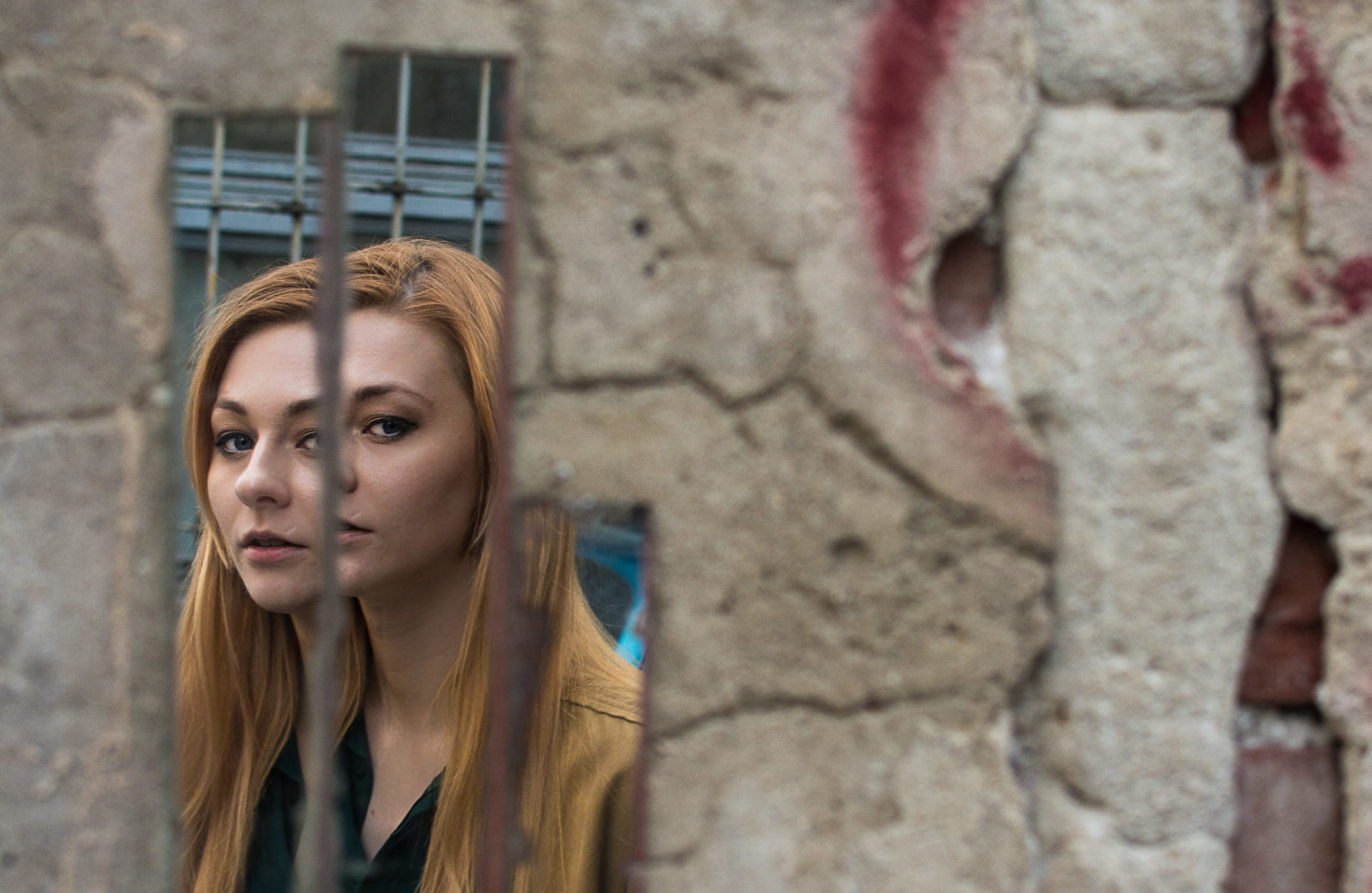
Growing up in the New Jersey suburbs in the 1980s, antisemitism felt like history. It was important to learn about and discuss it – but it was not a part of my everyday life. We walked into synagogue services, religious school, and the local JCC without thinking about security guards, threats, or where the nearest escape would be if there was an attack. We never questioned our place as Jews living in the United States and were always comfortable discussing our heritage and beliefs.
Not so in today’s world. That same New Jersey suburb presents an entirely different Jewish narrative for my teens today. They know and feel antisemitism around them as an American Jew each time they hear of an attack – sadly several times in the last few years, and with one being only 20 minutes away in Jersey City. Each time they walk into the same synagogue, religious school, or JCC, they nod to the security guards, they know about the threats, and they are aware of the places to run or hide if danger begins. They also know that much of the world around them does not respond to incidents of antisemitism the same way that they respond to the hatred of others.
Watching your children navigate living with antisemitism is heartbreaking.
Over the last few days, while following the news of the hostages taken at a synagogue in Texas during Shabbat services, the ever presence of antisemitism in our lives is once again at the forefront. The physical danger is, of course, first and foremost on everyone’s mind. The act of what happened is threatening, horrifying, and frightening to any Jew that ever walks into a synagogue. Thankfully everyone survived, but the after-effects and emotional toll this has on Jews in America, particularly young Jews, is significant.
Although what took place in Colleyville, Texas, was clearly an antisemitic terrorist incident against Jews, the fact that it was not automatically deemed as such adds another horrific layer to an already tragic event. The aftermath and the lack of recognition by the FBI, mainstream media, and social media has a long-lasting and harmful impact on how young Jewish minds are shaped. No longer do Jewish teenagers in the United States feel that they live in safety, comfort, or even a place that is completely accepting of them as Jews. And very much aligned with their young generation today, many have become complacent, even accepting of it, as just the way it is for them.
This is crushing. How is it that within simply 25 years so much has changed? During each wave of antisemitism presenting itself over the past few years, I have asked, and somewhat harassed, my sons (and admittingly, their friends) what is talked about or discussed in their schools and their social media sites about the hatred of Jews. And sadly, it’s very little to nothing. What they see instead is anti-Israel rhetoric and then a defense of it by saying that anti-Israel rhetoric is not, in fact, antisemitic, but rather anti-Israel. A confusing, nontruthful recounting of what is in fact taking place.
And the most frightening aspect to me as a parent is that not only do my own children see and observe all this, they and frankly myself as well, know that speaking out against it – or even questioning it — comes with consequences.
So how do we as Jewish adults in America shift the narrative back to how it was and enable our children to grow up in a world in which they feel comfortable, safe, and confident in who they are as Jews? This is the most difficult, and in my eyes as a parent and Holocaust educator, the most pressing issue for the Jewish community today. We may not be able to stop the attacks, but we can and should continue to speak out, as loudly and as often as we can. We should teach our children that while they must always remain vigilant and careful, they must also know that it is ok to defend themselves against Jewish hatred.
Recently, I have been working on an event for the Jewish community in my area in which I will interview Nancy Spielberg, the writer and producer of the documentary Who Will Write Our History? The film tells the story of Emanual Ringelblum and the Oneg Shabbat group that kept a secret archive filled with diaries, maps, poems, plays, even tram tickets and ration cards from within the Warsaw Ghetto. A somewhat lesser-known story of resistance than that of the Warsaw Ghetto Uprising, the importance of the Oneg Shabbat is one that modern Jews today should be reflecting on greatly during these times. (You can learn more about the program and register here.)
As shown through the film and the many writings on the archives, there is a strong and imperative value to telling what happened to our people during the Holocaust. In the last 75-plus years since the end of the Holocaust, Jews have done a tremendous job of documenting and telling of the murder of 6 million Jewish people. We have been fortunate to have had many survivors, their children, and now their children’s children even, that have tirelessly told of their family’s stories of death, destruction and then survival. It is also, we as Jews that need to continue to recount and write what happened in the past and continues to happen today. This should not stop now. Voices of Jews — particularly young Jews — need to be heard.
Jewish hostages were taken in a synagogue during Shabbat morning services. To report or speak about this incident in any other way than to acknowledge that it was anti Semitism is wrong and misleading. And it is our job as Jews to tell it that way.

